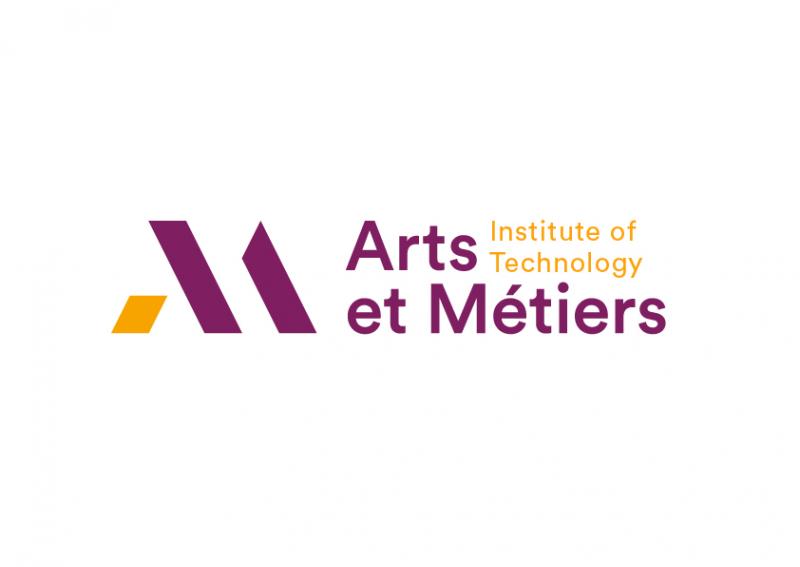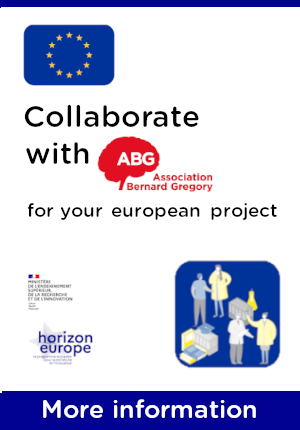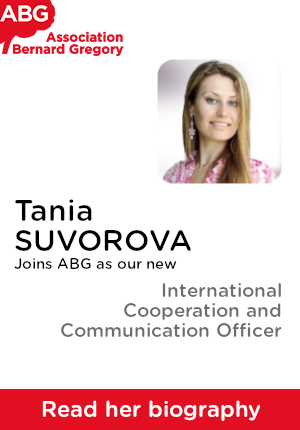Study of a combined process involving robotic additive manufacturing using microwaves and forging of fibre-reinforced polymer matrix composites
| ABG-133888 | Thesis topic | |
| 2025-10-17 | Other public funding |

- Earth, universe, space sciences
- Materials science
Topic description
Additive manufacturing of continuous fibre reinforced polymers (CF-AM) allows to produce 3D reinforced complex parts where the fibre reinforcement direction can be tailored to the mechanical loading during application. This allows for an increase in the load bearing capability and is fundamental for innovative lightweight designs.
Starting date
Funding category
Funding further details
Presentation of host institution and host laboratory
Close to the industrial environment
These are the skills expected by today's recruiters. With eight campuses and three institutes across France, Arts et Métiers has a uniquely close relationship with industry. This unique positioning aligns the content of our programmes with the needs of businesses at local level. This ambition is supported by international openness: the network of 170 foreign partner schools and universities ensures that a wide variety of courses can be studied abroad.
A full range of initial and continuous training
A leading engineering school, Arts et Métiers is permanently enriching its range of initial and continuous training. It now offers not only General Engineering and Specialist Engineering curricula (block-release training) and a bachelor's degree in technology, but also 27 research masters, 16 Mastères Spécialisés® programmes as well as 1 MBA and doctoral studies. The entire spectrum of technology training in higher education, with studies from Bachelor to PhD, is therefore covered to meet all needs and expectations.
Five strategic areas of research
A disseminator of knowledge and innovation, Arts et Métiers also contributes to their production thanks to 14 research laboratories and one Doctoral School. The challenge? To meet the expectations of French and international industry and to prepare for the future. The scientific teams are engaged in five major strategic priorities in as many economic sectors: transport, energy, health, housing and production. Research is undertaken in 20 different fields; such as digital engineering, biomechanical design, thermal energy and collaborative robotics. Researchers and students can work on the entire life cycle of a product: from design to production, all the way to recycling.
Common tools to promote collaborative projects
The research and training benefit from the close relationship between the school and its industrial partners, who share the same goals: initiating collaborative projects and fostering the emergence of new technologies. To strengthen this dynamic, the campuses and institutes have common tools: national alliances with other research centres and industrial partners; the Carnot ARTS Institute, which brings together 20 laboratories – those of Arts et Métiers and academic institutions; and development structures, such as the AMValor subsidiary, as well as incubation and entrepreneurship programmes.
A public institution at the heart of networks of excellence
Arts et Métiers has the status of a public institution with a scientific, cultural and professional vocation (EPCSCP), and as such is under the supervision of the Ministry of Higher Education and Research. The school plays a full role in the networks that promote training and research: it is a founder member of PRES (Centre of Research and Higher Education) ParisTech and the HESAM University community.
Website :
PhD title
Country where you obtained your PhD
Institution awarding doctoral degree
Graduate school
Candidate's profile
Expected academic level:
- Master II in technological sciences, processes or materials
- Engineering schools specialising in technology, processes or materials
Required language skills
- Speak English or German --> experience in Germany
Additional desirable skills
- Interest in and knowledge of robotics highly desirable
- Autonomy and curiosity in setting up experiments (handy)
Curious and self-motivated
-------------------------------------------------------------
Le niveau académique attendu :
- Master II en sciences technologiques, procédés ou matériaux matériaux
- Ecoles d'ingénieurs technologiques, procédés ou matériaux matériaux
Compétences attendues lingustiques obligatoires
- parler l'anglais ou l'allemand --> expériences en Allemagne
Compétences souhaitables supplémentaires
- intérêts et connaissances robotiques très souhaitable
- autonomie dans la mise en place d'expérience (bricoleur)
Vous avez déjà un compte ?
Nouvel utilisateur ?
Get ABG’s monthly newsletters including news, job offers, grants & fellowships and a selection of relevant events…
Discover our members
 Groupe AFNOR - Association française de normalisation
Groupe AFNOR - Association française de normalisation  Institut Sup'biotech de Paris
Institut Sup'biotech de Paris  ADEME
ADEME  ONERA - The French Aerospace Lab
ONERA - The French Aerospace Lab  MabDesign
MabDesign  ANRT
ANRT  SUEZ
SUEZ  Généthon
Généthon  TotalEnergies
TotalEnergies  CASDEN
CASDEN  MabDesign
MabDesign  PhDOOC
PhDOOC  Laboratoire National de Métrologie et d'Essais - LNE
Laboratoire National de Métrologie et d'Essais - LNE  Nokia Bell Labs France
Nokia Bell Labs France  Tecknowmetrix
Tecknowmetrix  ASNR - Autorité de sûreté nucléaire et de radioprotection - Siège
ASNR - Autorité de sûreté nucléaire et de radioprotection - Siège  Aérocentre, Pôle d'excellence régional
Aérocentre, Pôle d'excellence régional  Ifremer
Ifremer  CESI
CESI



